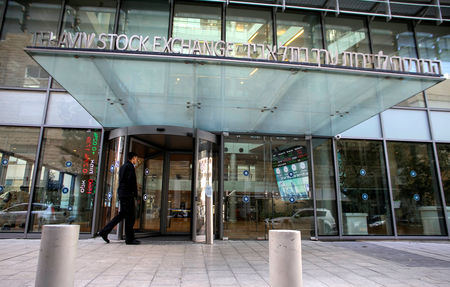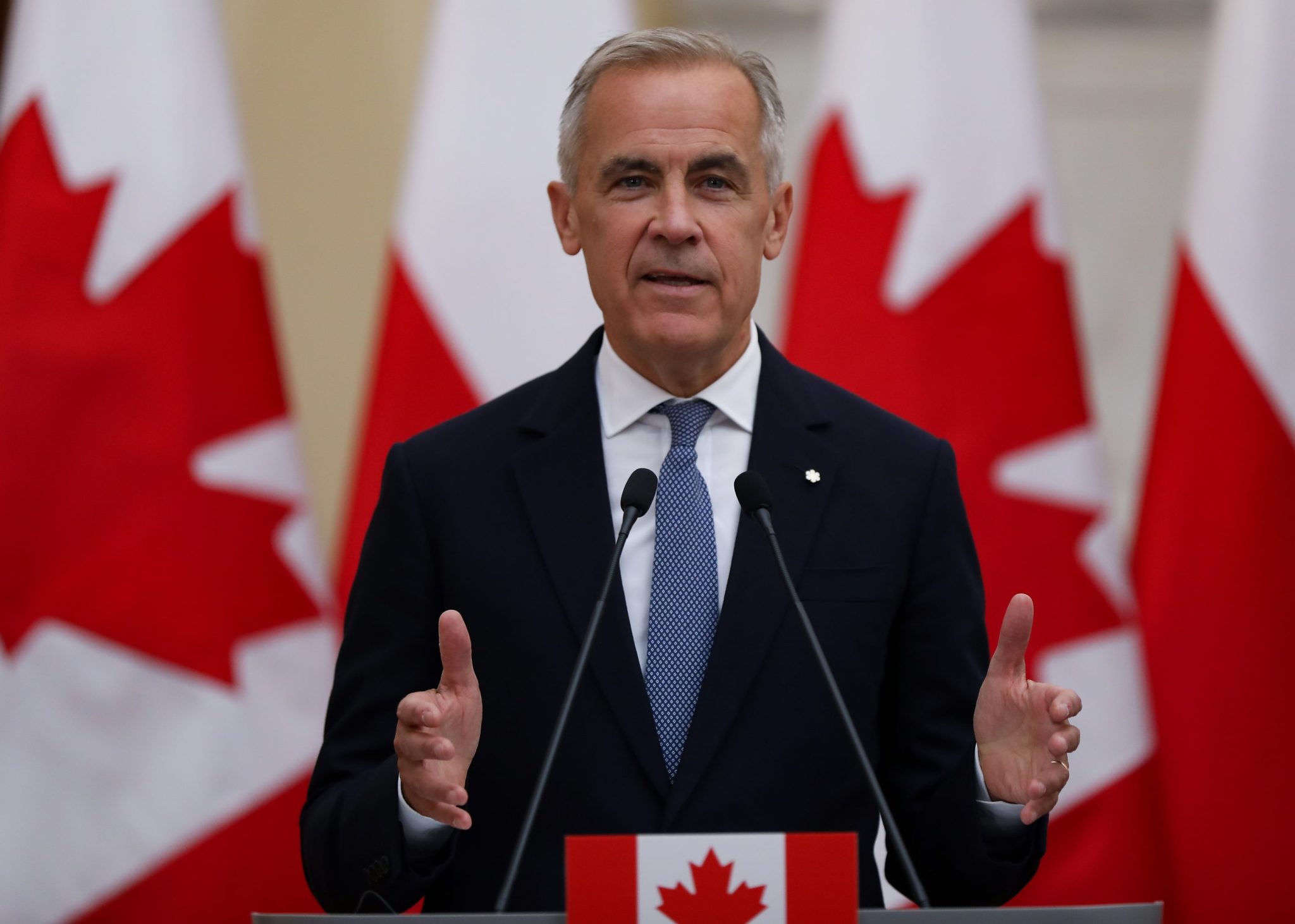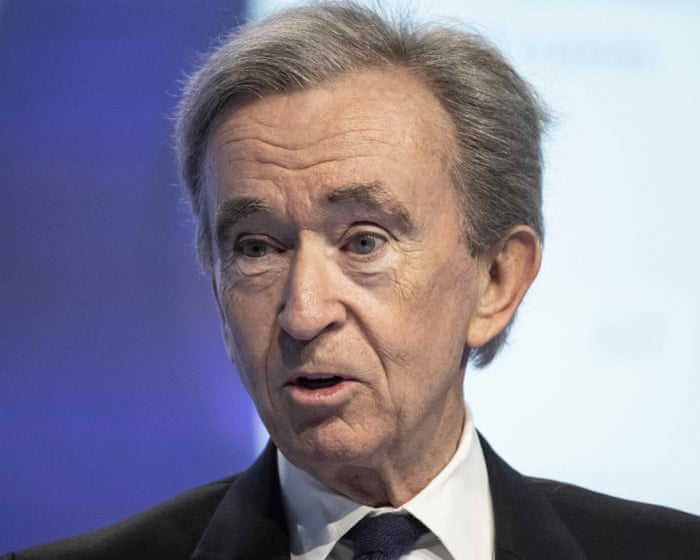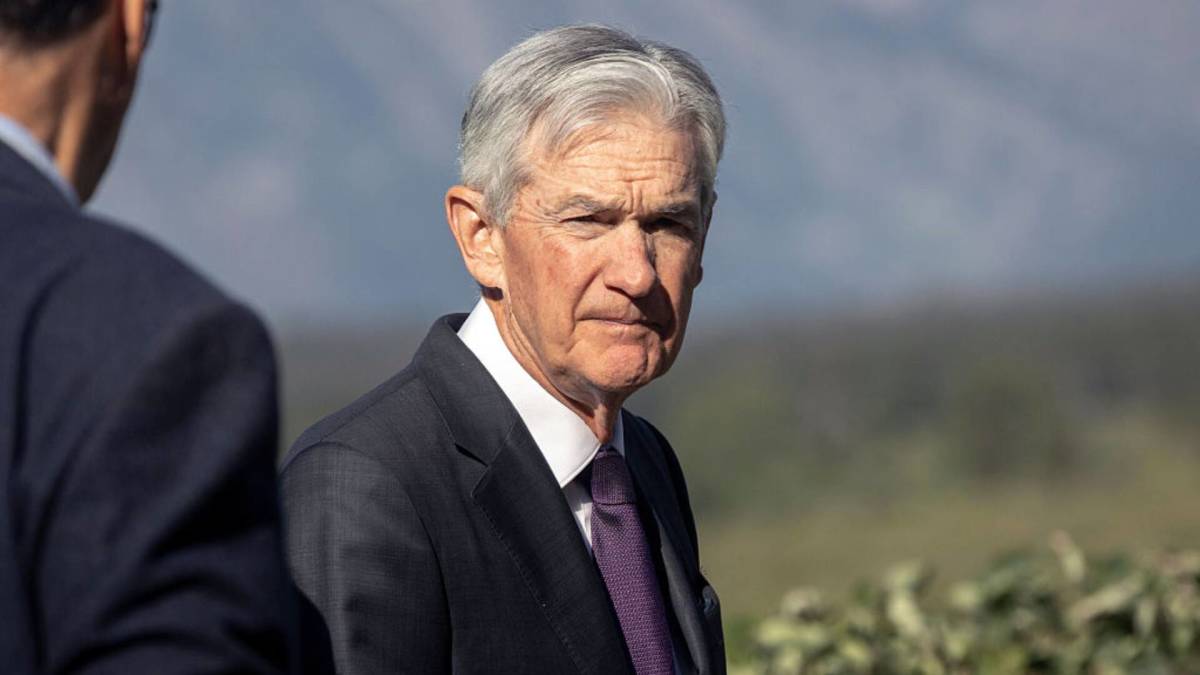ECB Mustn’t Rush Next Move With Prices at Target, Kazaks Says
NeutralFinancial Markets

Martins Kazaks, a member of the European Central Bank's Governing Council, has stated that the bank can afford to maintain inflation just below 2% and should carefully consider its next steps. This perspective is significant as it suggests a cautious approach to monetary policy, allowing for stability in the economy while assessing the need for further action.
— Curated by the World Pulse Now AI Editorial System












